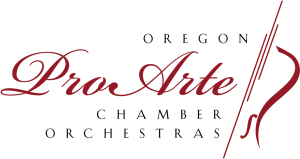The Importance of Classical Music Education in Schools
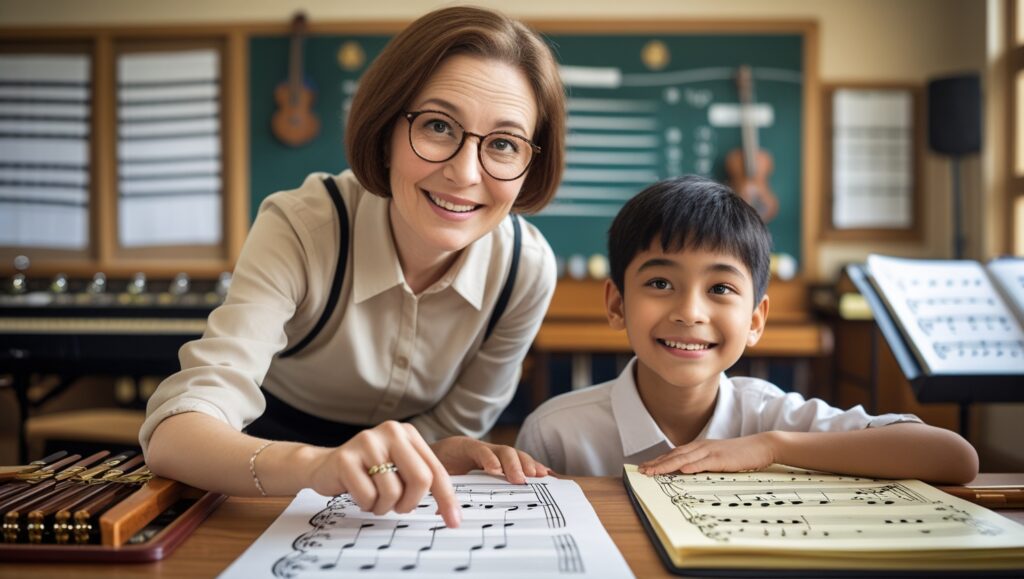
Working on pieces, practicing, and collaborating with a teacher require focus, attention to detail, and the ability to follow several steps. Students carefully listen to each detail of tempo, dynamics, and tone quality, observing how minor changes can completely refashion a passage. Reading music and understanding rhythm links music to math and language. As kids […]
The Influence of Classical Music on Popular Music Genres
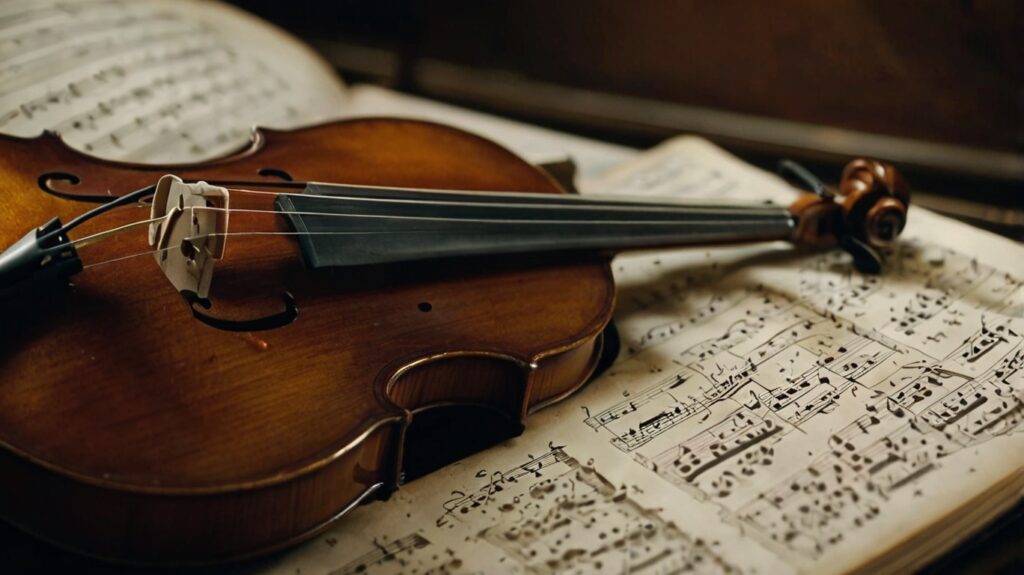
The Classically Attuned Roots of Pop The late 1950s and 1960s saw pop acts expanding beyond built-for-radio formats into bigger. It was about enlarging the emotional range. The Beatles helped popular music look more confident when it came to arranging. They began to use strings, brass, and other non-traditional pop textures on tracks that still […]
The Opera – Music, Drama, and Spectacle Combined
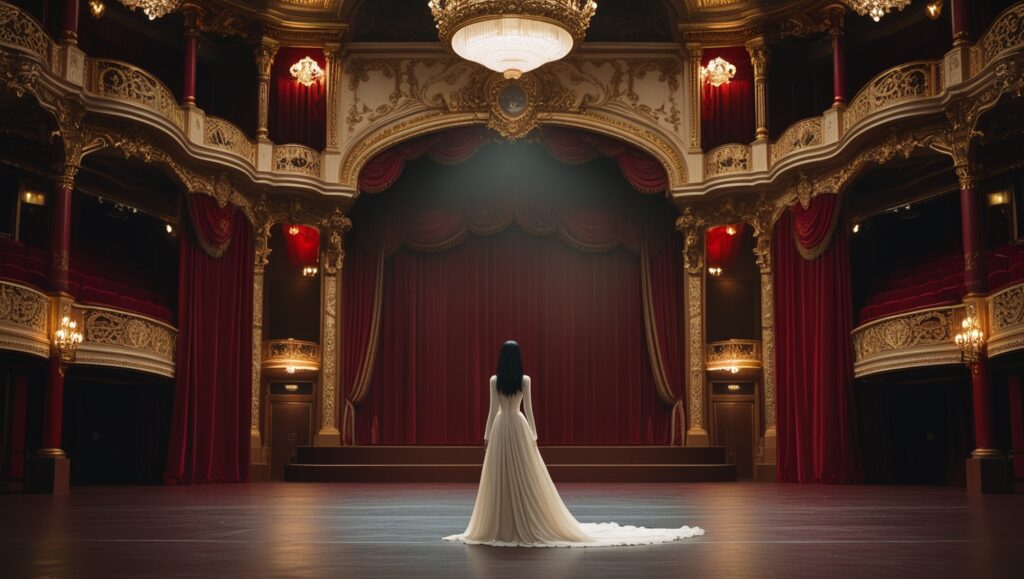
In a musical, songs might stop the story for just entertainment. In an opera, the music is a part of the storytelling. Every single note and motif has been created to suggest character details or hint at events. Composers like Verdi, Wagner, and Puccini built their stories around complex musical themes that weave together throughout […]
Film Scores and Classical Music
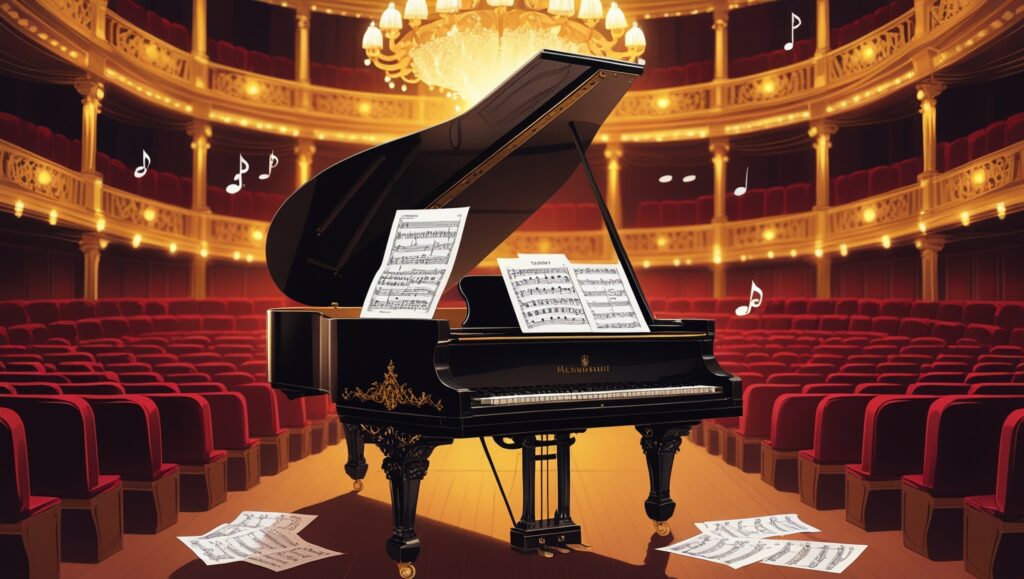
Many of the most celebrated film composers began their careers with classical training. A strong knowledge of music theory, orchestration, and composition is almost mandatory. It is this classical foundation that enables composers to tap into centuries of musical wisdom and innovation while doing something new for the movies. Late Ennio Morricone, who studied classical […]
The Classical Period
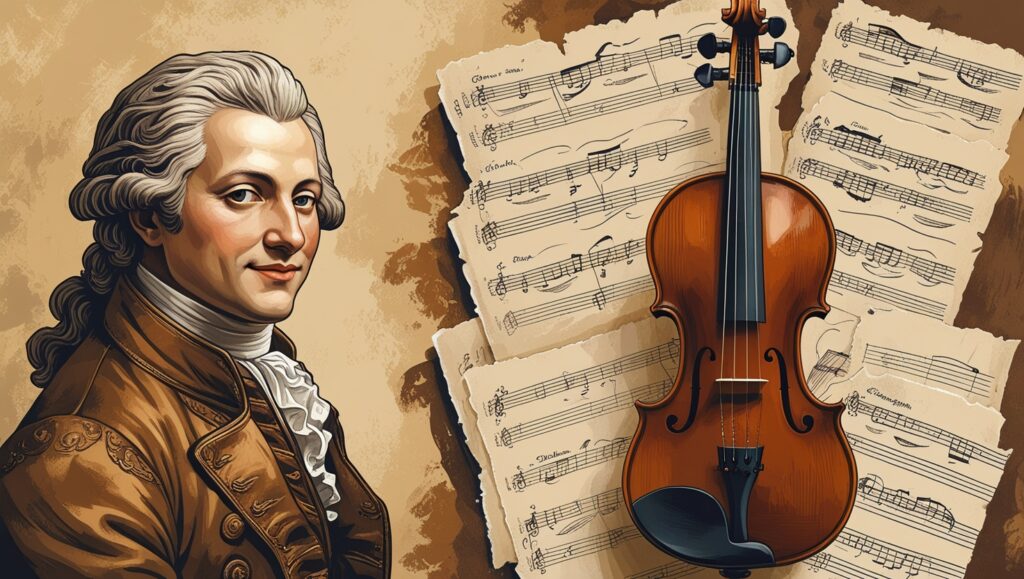
Symmetry and Formal Design The Classical era is famous for imposing order on musical composition with strict reverence for formal structures like sonata form, rondo, and theme-and-variations. Among these, sonata form shines as the fundamental concept, determining not just individual movements but entire works. A sonata ideally encompasses an exposition, development, and recapitulation, each section […]
The Baroque Period

During the Baroque period, ornamentation was a vital expressive tool that gave performers room to interpret and embellish the written score creatively. Composers often provided only the skeleton of a piece, expecting musicians to fill it out with personal embellishments that enhanced emotional impact. Ornaments like trills, mordents, appoggiaturas, and turns punctuated melodies, adding color […]
The Role of the Conductor in Classical Music Performance
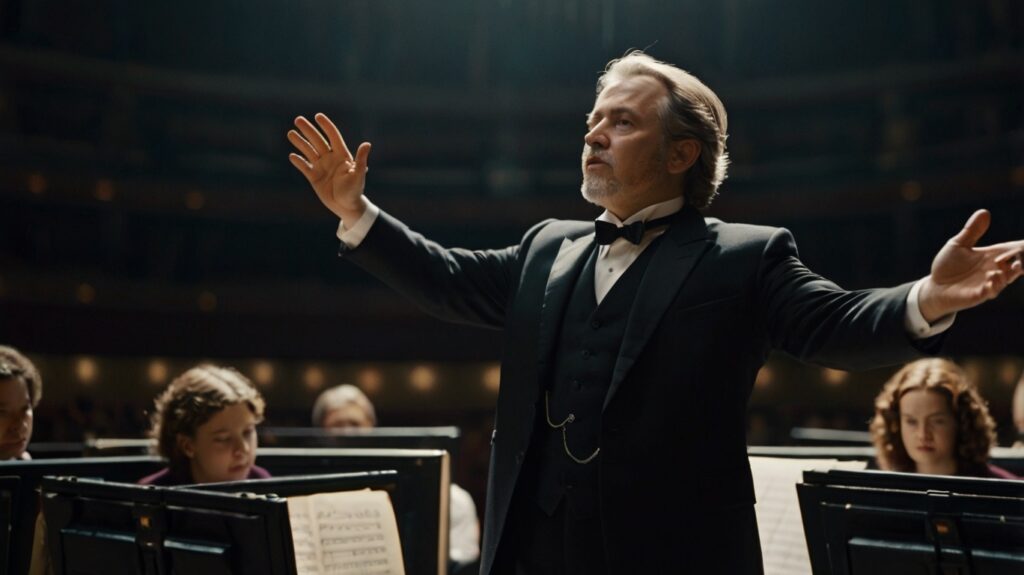
At the mention of classical music, thoughts often gravitate towards the musicians on stage, each one mastering his or her instrument with great skill. Yet one figure remains above all of this, bringing together each individual part into a cohesive whole – the conductor. His or her job is to forge an interpretation of the […]
Famous Symphonies and Their Impact on Culture
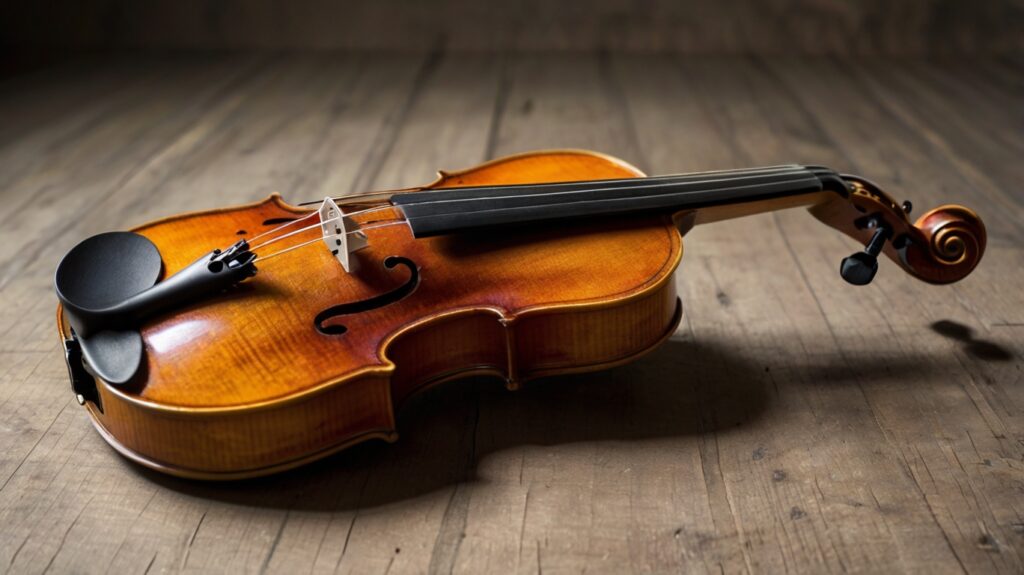
Famous Symphonies and Their Impact on Culture Beethoven’s Ninth Symphony This musical monument bridged the gap between the Classical and Romantic eras, unleashing an avalanche of music —something unheard of on this scale back then. The iconic “Ode to Joy,” in the last movement of the piece, serves as a universal anthem of hope and […]
The Romantic Era – Music Filled with Emotion and Expression
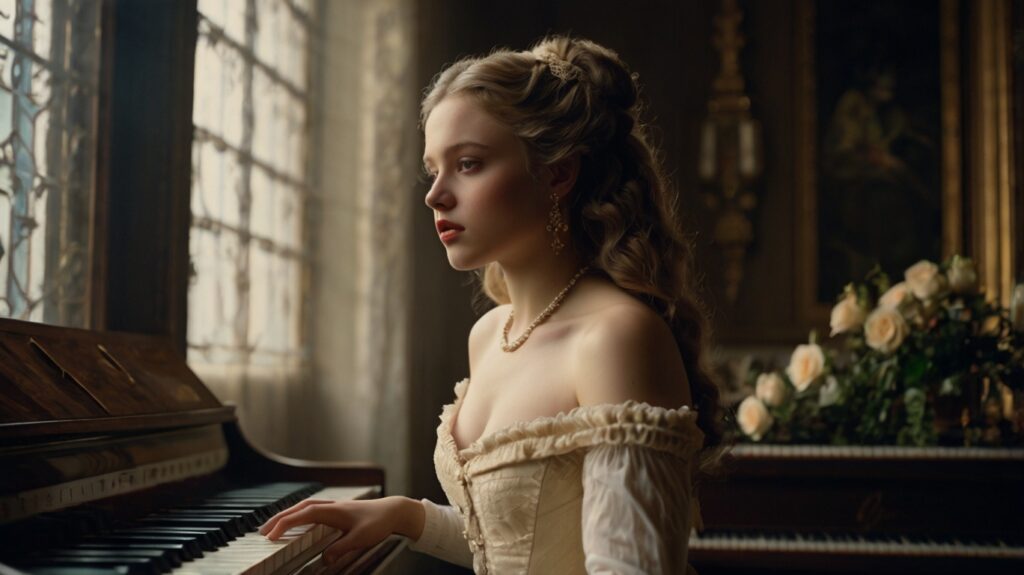
In music, the period preceding Romanticism was dominated by structure and balance. Composers such as Mozart and Haydn were almost fanatically law-and-order people. With the dawn of the 19th century, a new idea began to take hold. Musicians looked for liberty and wanted to break free from the tight boundaries of classical composition. The innovative […]
The Influence of Johann Sebastian Bach on Modern Music
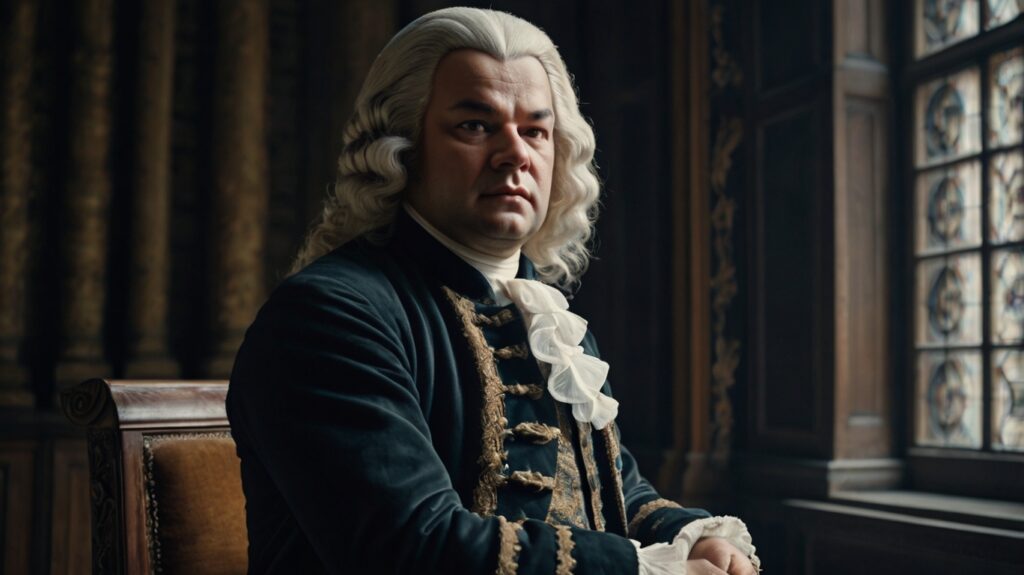
No one has ever surpassed Bach in this realm. To this day, the combining of independent voices into one musical whole has never been done so beautifully, and many musicians and composers have become influenced by that beauty. Much of the harmony found in contemporary music can be traced back to the innovative use of […]
